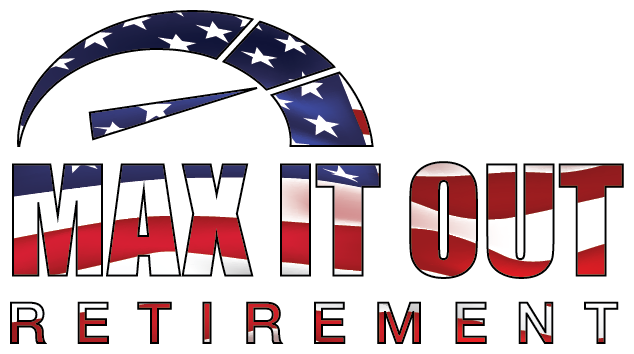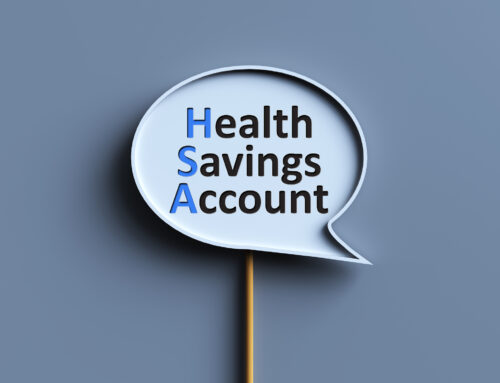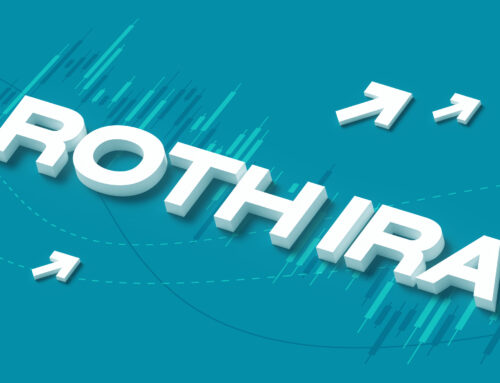
Retirement is an exciting time, but it can also be a time of uncertainty, especially when it comes to healthcare planning. As you approach retirement, it’s important to consider how you’ll manage your healthcare costs and ensure that you have access to the care you need. Here are four things you should know about healthcare planning before you retire.
Medicare eligibility age and enrollment
Medicare is a federal health insurance program that provides coverage for people who are 65 or older, as well as those with certain disabilities or conditions. It’s important to know when you’re eligible for Medicare and when you need to enroll. Most people become eligible for Medicare at age 65, but you can enroll up to three months before your 65th birthday. If you miss your initial enrollment period, you may have to pay a penalty, and your coverage may be delayed.
Medicare coverage options
When it comes to Medicare, there are several coverage options to consider. Original Medicare includes Part A, which covers hospitalization, and Part B, which covers doctor visits and other outpatient services. You can also choose to enroll in a Medicare Advantage plan, which is a private insurance plan that provides additional coverage options. Medicare Advantage plans typically include prescription drug coverage, and some plans offer additional benefits, such as dental and vision care.
Long-term care planning
Long-term care is an important consideration for retirees, as many people require assistance with daily activities as they age. Long-term care can include services such as nursing home care, assisted living, and in-home care. It’s important to plan for long-term care needs early, as these services can be expensive. Long-term care insurance is an option to consider for covering these needs, but it’s important to review the costs, benefits, and complexities before making a decision.
Health savings accounts (HSAs)
Health savings accounts (HSAs) are tax-advantaged savings accounts that can be used to pay for medical expenses. HSAs can be a valuable tool for retirees, as they allow you to save money on a tax-free basis and use the funds to pay for medical expenses in retirement. If you have a high-deductible health plan, you may be eligible to open an HSA and make tax-deductible contributions.
Healthcare planning is an essential part of retirement planning. Understanding Medicare eligibility and coverage options, long-term care planning, health savings accounts, and Medicaid planning can help you make informed decisions and ensure that you have access to the care you need in retirement. It’s important to work with a financial advisor or healthcare planning professional to develop a comprehensive healthcare plan that meets your needs and fits within your budget. With proper planning, you can enjoy a comfortable and financially secure retirement. Talk to us today for a no-obligation review of your retirement picture.









